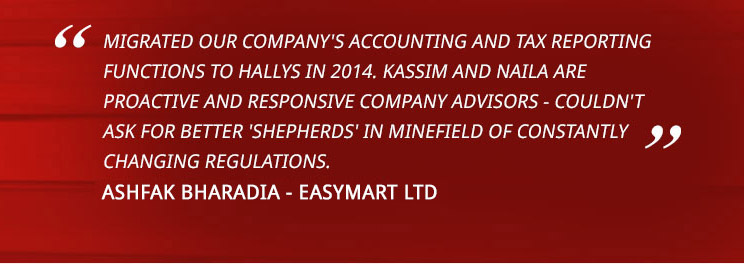If your business makes a trading loss its ability to survive the loss will depend on a number of issues. They include:
- Did your business have sufficient reserves to absorb the loss?
- If not, are the business owners able to introduce new capital to cover the losses? Or,
- Are the business bankers willing to step in and support the business with additional funding?
In all cases, due regard will need to be made to the reasons for the loss and how likely it may be that the losses will continue.
Clearly, planning for the management of losses is critical; digging into the reasons for the loss may reveal that the company has little chance of re-establishing profits or that the loss was occasioned by temporary factors and a clear path back to profitability can be reasonably expected.
Tax planning for the use of losses is also a factor that needs to be considered. Can losses be utilised in such a way that refunds of previously paid tax can be recovered?
Whilst this may only produce modest refunds for companies, corporation tax rates are below 20%, self-employed business owners – particularly those who have paid income tax at the higher rates of 40% or 45% – may be able to recover significant cash refunds to offset the effects of qualifying trading losses.
Again, planning is critical to ensure that any claims for loss relief are not lost. For example, there are annual limits to the amount of certain reliefs that can be claimed and the self-employed must take care that loss claims do not result in a waste of personal tax allowances.
If your management accounts reveal that your business is making losses, please contact us sooner rather than later so we can help you develop strategies to minimise the down-side effects on your business.















